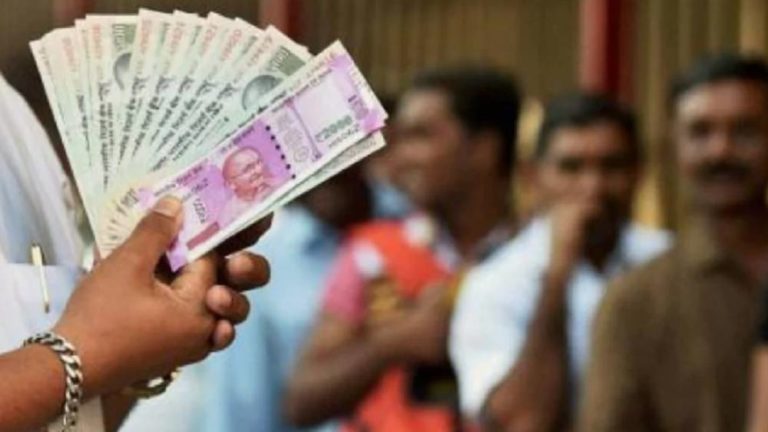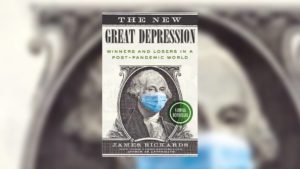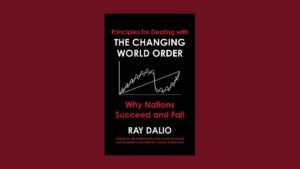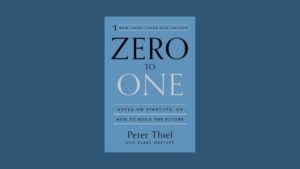Everyone wants easy money, times, and life. But neither it comes easy nor lasts forever.
“Hard times create strong men; Strong men create good times; Good times create weak men, and weak men create hard times” -G. Michael Hopf wrote in Those Who Remain. “Do not pray of easy lives, pray to be stronger men,” JFK said.
Politics isn’t politics that are not evolving. It’s nothing but a series of empty promises, or compromises. 21st-century politics has nothing to do with integrity and honesty and politicians need not deliver on the promises made. In fact, sometimes, it becomes dangerous if they do because often they make contradictory promises. But of course, it has a lot to do with money. Politicians and people both want it easy. Talking about money; there is no limit to how far fools and fraudsters can go.
Some politicians are offering free electricity, water, wifi internet, pension-for-nothing and a lot of other things if voted to power. In the past half-century, ruling politicians have discovered a magical way of bringing money rains in their personal accounts to sustain captive vote banks. Instead of bribing cash-for-vote, they waive voters’ bank loans. While in power, they shower loan waivers on “poor” farmers. For corporates, they make friendly step-in to get a loan, and for some its’ a re-settlement. Call it by whatever name, words, or ways.
It’s quite understandable if Ratan Tata or Mukesh Ambani offer something free to their customers or employees because they have money. But a politician offering something free is simply laughable. Initially, politicians give freebies to voters; then they take it and only take it till the next elections.
State after state has declared farmer loan waiver. The beneficiaries of such money rains include elected representatives and their kith. The moment they get elected to public office, they start worrying about the next wrestling match five years down. And start to secure own private and party interests. National priorities become a game of soccer between ruling and opposition benches.
After decades of having easy money, glamour, and respect, in politics, they are blind to the forces inspiring a new narrative of community progress in the digital world. Today, everyone is a publisher, who can, and seek more influence to reshape electoral outcomes; and success or otherwise of a movie by an actor who makes a socially “intolerable” comment.
Ancient scripture Ramayana tells us the significance of Lakshman-Rekha: greed (desire) could be good within the limit. Today, technology is driving democracy and the private behavior of public servants is sought to be monitored by the awakened public. It’s easy, however, to lose sight of lasting socio-political trends amid short-term bouts of success, and often there are times when the nature and direction of those trends become less clear for those on political ‘high’.
Modern economics describes it by the law of diminishing returns. Since every party will offer a loan waiver or pension for nothing, it no longer remains a charm factor for competing politicians. Too much reliance on one slogan will attract other group of people who could make this whole circus more vicious and violent rendering this type of bribe-for-vote useless. How long can their traditional methods survive in the face of socio-technological shifts and digitally awakened public?
These are pertinent questions that demand thoughtful and farsighted responses from leaders ensuring equitable and sustainable solutions for the community and nation’s progress. Being mindful of the cobra effect of the public policy they make, good leaders must calculate the future cost of their current decisions. Leaders must question and educate themselves about the ethical and sustainable public good.
Getting something free today leads to a compromised future. Only the morally weak and corrupt dishonest people make a living by bribes that don’t last long and eventually bring hard times. JFK said “Pray to be stronger,” and “do your karma” Krishna says. Say no to bribe, howsoever small or big.
























